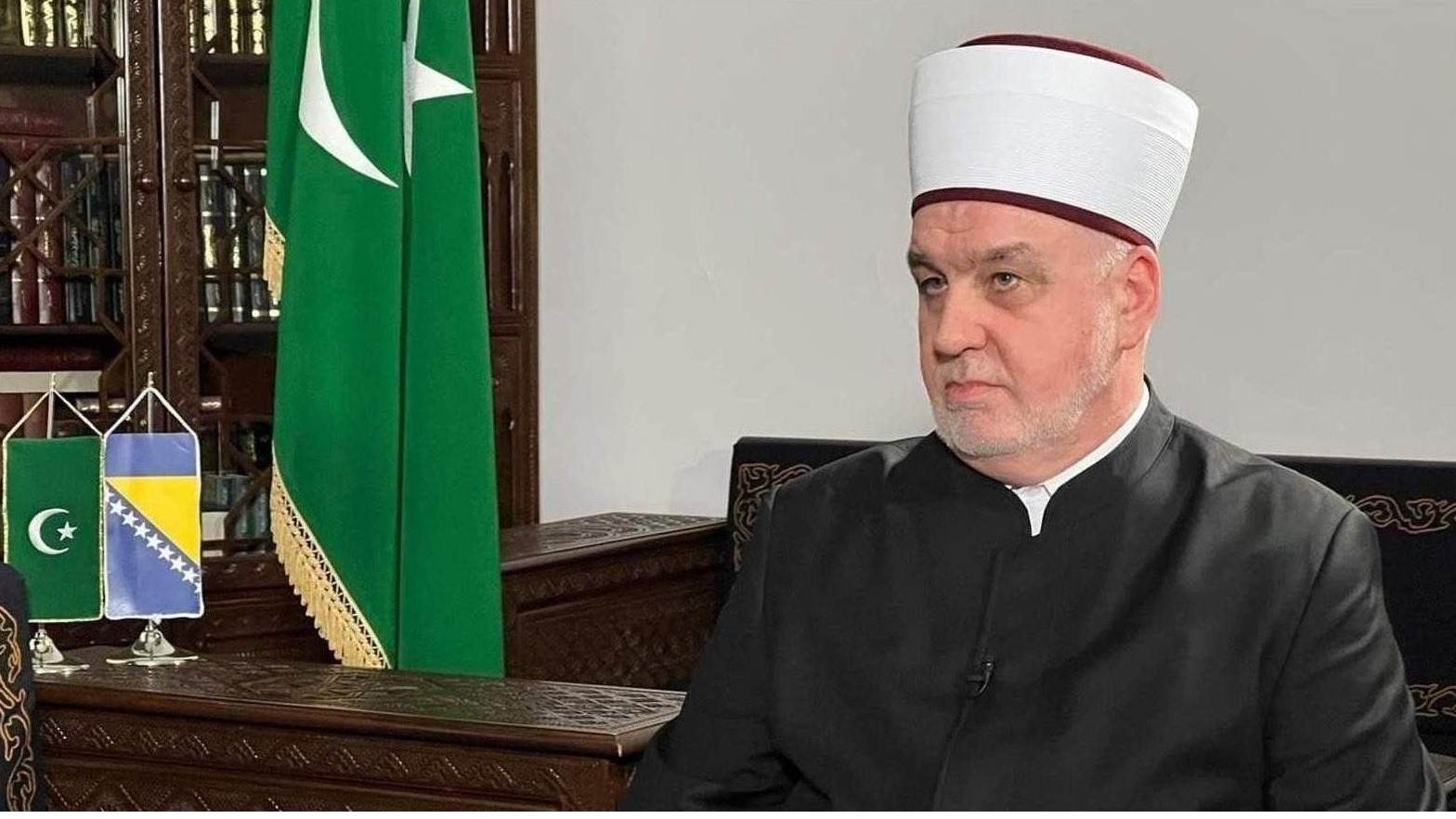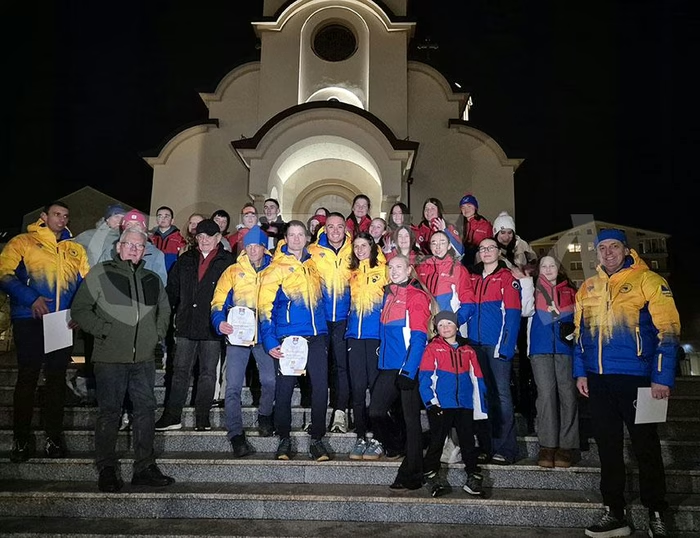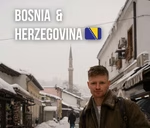
Bosnia’s Islamic Community (IC) published a statement saying that assumptions that the High Representative of the international community, Christian Schmidt, imposed recent reforms in order to appease Croatia are justified.
The statement is a response to a recent interview in which the US State Department’s Deputy Undersecretary for the Western Balkans, Gabriel Escobar, said that Washington fully supports the recent decision of the High Representative to amend the Election Law of Bosnia and Herzegovina.
Escobar commented on the criticism of the decision that came from BiH’s Islamic community, which said at the time that Schmidt’s reforms “deepen divisions and segregation”. The US Envoy said this is a wrong assessment of the situation, arguing that Schmidt increased the number of delegates in the House of Peoples of BiH’s Federation (FBiH) entity, which means that all ethnic groups, including minorities, will have more representatives.
However, the BiH Islamic Community does not see it that way.
“Unfortunately, everything that is happening these days, from the protests of citizens to the statements of political officials in BiH and its surroundings, shows that this is not the case and that imposing solutions on Bosnia and Herzegovina that are not in accordance with European standards and standards of free civil democracies and giving in to those policies that keep the country in blockades for years and undermine its sovereignty and territorial integrity, are not a way out of the crisis” the IC argued in its statement.
“Just as it is not good for Croats, Serbs or other citizens of Bosnia and Herzegovina to feel discriminated against, it is also not good to nullify the will of the Bosniak people and to impose solutions whose aim is to nullify the will of the majority of citizens and create the basis for new divisions, blockades and blackmail,” it stressed.
According to the IC, Schmidt’s October 2 decision is the subject of heated discussions in BiH society and “does not contribute to building trust” as it was perceived as a set of measures that benefit only one ethnic group in the country.
“The High Representative, with his role and the powers given to him, had to take into account the fact that Bosnia and Herzegovina is a multi-ethnic state in which systemic discrimination and segregation is present throughout its territory and against all ethnic groups, which arose as a result of the war and the Dayton Peace Accords,” the statement said.
The IC stressed that, as a religious community and an important part of civil society, it believes that such measures should have been imposed to ensure compliance with the judgments of the European courts in the cases of Sejdic-Finci, Pilav, Zornic and others.
“It was also necessary to impose solutions that give all citizens and peoples equal rights on the entire territory,” it said.
It said that suspicions that the decisions were imposed to benefit only one ethnic group are justified, especially when taking into account that Croatian officials “do not hide the fact that they are responsible for such imposed solutions” and present them as their diplomatic success, “while at the same time they daily humiliate Bosniaks, deny the genocide, insult the mothers of Srebrenica, and, bypassing the state capital, visit the scenes of military operations from the past war and give speeches together with convicted war criminals who were repeatedly awarded the highest state awards of an EU member state and now insist on sending their troops to the country where they were involved in the war.”
“And all this without any reaction from the international community or the high representative,” the statement said.
The IC warned that “there are more and more people, and not only in Bosnia and Herzegovina, who have the impression that in the midst of the crisis caused by Russian aggression against Ukraine there is an attempt to make concessions to Russia's allies in these areas at the expense of Bosnia and Herzegovina and Bosniaks, and in order to persuade them to stay in the Western bloc.”
“All this, especially among Bosniaks, awakened the memory of the period of aggression and genocide, when an arms embargo was introduced that only affected them, and when genocide was committed in the safe zones of the UN. It is a friendly warning that Bosniaks should not be forced into blocs to which they do not belong and that there should not be attempts to solve problems through appeasement and at the expense of Bosniaks, among whom those who say that these policies are being implemented only because they are Muslims are especially vocal,” the Islamic Community said.
“It is the sincere intention of the Islamic community in Bosnia and Herzegovina to warn of these dangerous trends and policies that go beyond daily political tricks and geopolitical games,” it stressed.
Kakvo je tvoje mišljenje o ovome?
Učestvuj u diskusiji ili pročitaj komentare





 Srbija
Srbija
 Hrvatska
Hrvatska
 Slovenija
Slovenija



























































